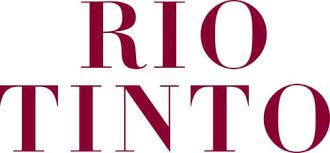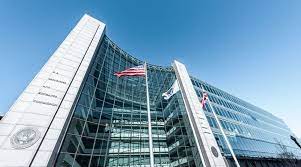Rio Tinto Pays $15 Million to Resolve FCPA Violations in Guinea

Between 1997 and 2006, Rio Tinto was granted mining and exploration rights to four section blocks in the Simandou mountain region. In late 2008, after a change in administrations, the Guinea Government revoked Raio Tinto’s rights to two of the four mining sections because of Rio Tonto’s failure to develop the mines in these areas. The Guinean Government awarded the mining rights to Rio Tinto’s competitors.
After the reassignment, Rio Tinto devoted significant resources to develop the two mining blocks it retained. In 2010, yet another administration was voted in power and the new government declared that all mining contracts would be reexamined. As a result, the competitors were stripped of the two mining blocks that were previously taken from Rio Tinto and then reassigned.
In March 2011, Rio Tinto engaged a French investment bank to assist Rio Tinto in connection with Rio Tinto’s desire to regain the mining rights in the Simandou mountain region. The consultant had existing connections to the senior Guinean government official because they were former classmates at the Paris Institute of Political Studies. The consultant had no prior experience in the mining industry.

In April 2011, the consultant offered or attempted to bribe the government official. With the assistance of the consultant, Rio Tinto secured its mining rights and entered into an agreement to pay $700 for its failure to develop the existing mining properties.
The consultant’s fees remained undetermined throughout the settlement negotiations. Eventually, the consultant negotiated his fees with a Rio Tinto executive, and stressed the Guinean official often asked whether Rio Tinto had paid him yet.
While working for Rio Tinto, there were a number of red flags suggesting that the consultant was advising the Guinean official and preserving Rio Tinto’s ability to operate in Guinea. The SEC cited a number of emails that suggested that a portion of the consultant’s fees would be paid to the Guinean official.
The consultant requested a one-time lump sum payment of $10.5 million for four months’ work. Rio Tinto executives debated the amount and form of the payment demanded by the consultant. One executive wrote, “tell [the Consultant] one big lump looks like a bribe and people will wonder where the money went.” Despite these concerns, Rio Tonto eventually approved two lump sum payments totaling $10.5 million.
On July 8, Rio Tinto paid $7.5 million to the consultant’s Swiss bank account, and on July 11, 2011, Rio Tinto placed the remaining $3 million in an escrow account to be released after December 31, 2015, provided that Rio Tinto retained its mining rights. The $3 million was eventually released on February 25, 2016, and paid to the consultant. The payments were initiated and completed in violation of specific payment requirements.

In July 2011, the consultant attempted to transfer $822,000 from his Swiss bank account to a Hong Kong company owned by another Guinean national with close ties to government officials. The bank blocked the transaction due to corruption concerns and ties to the Guinean government. Weeks later, the Hong Kong company paid for reelection campaign t-shirts for the Guinean government official’s re-election company. These shirts matched the description on the consultant’s invoice that was submitted to the Swiss bank when seeking to transfer the $822,000 payment.
Rio Tinto cooperated in the SEC’s investigation. Rio Tinto’s remediation included termination of employees responsible for the misconduct and enhancement of its internal accounting controls. Specifically, Rio Tinto strengthened its ethics and compliance organization, enhanced its code of conduct, as well as its policies and procedures, gifts and hospitality, due diligence and use of third parties. In addition, Rio Tinto enhanced its whistleblower program, improved its monitoring systems and internal controls related to payments to third parties. Finally, Rio Tinto enhanced its anticorruption risk assessments and transactions testing and increased training of employees and third parties.















